
Do Pectin and Lecithins Help Equine Gastric Health?
Many gastric-support supplements include pectin and lecithins. Find out how they might help horses with EGUS.

Many gastric-support supplements include pectin and lecithins. Find out how they might help horses with EGUS.
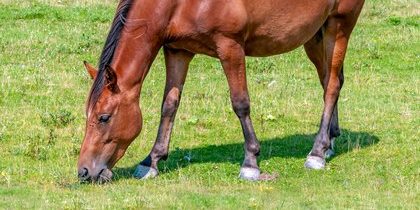
Our nutritionist explains how horses break down dietary fat despite not having a gallbladder for bile storage.

While scales are most accurate, they’re not always accessible. Here are some other weight estimation techniques to try.
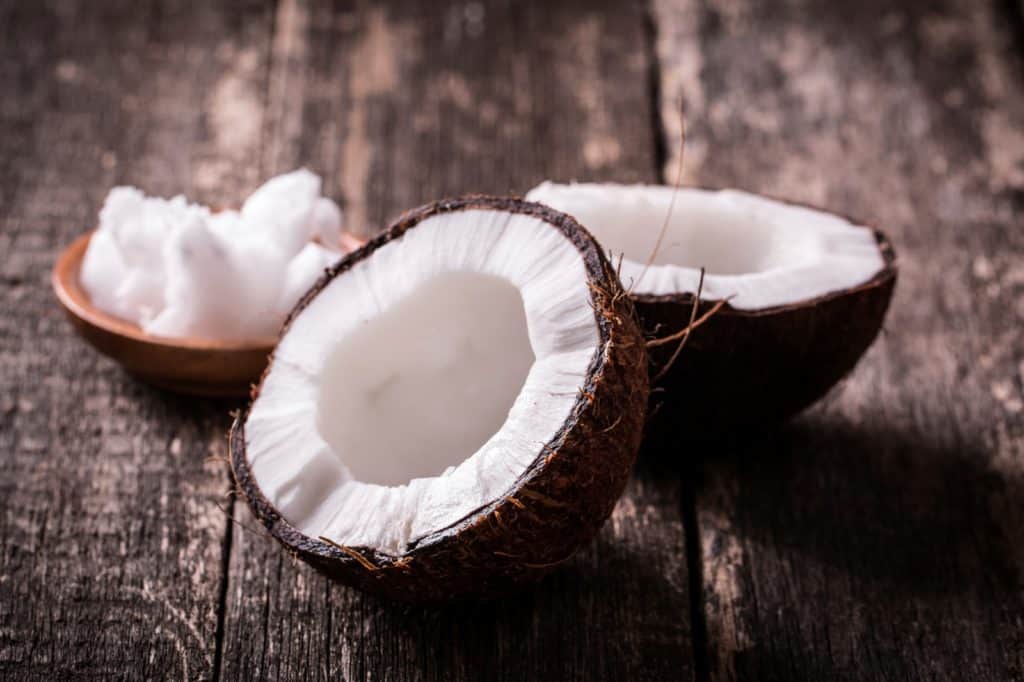
Is rice bran or coconut (copra) meal a better option to help a horse gain weight? Our nutritionist shares her thoughts.
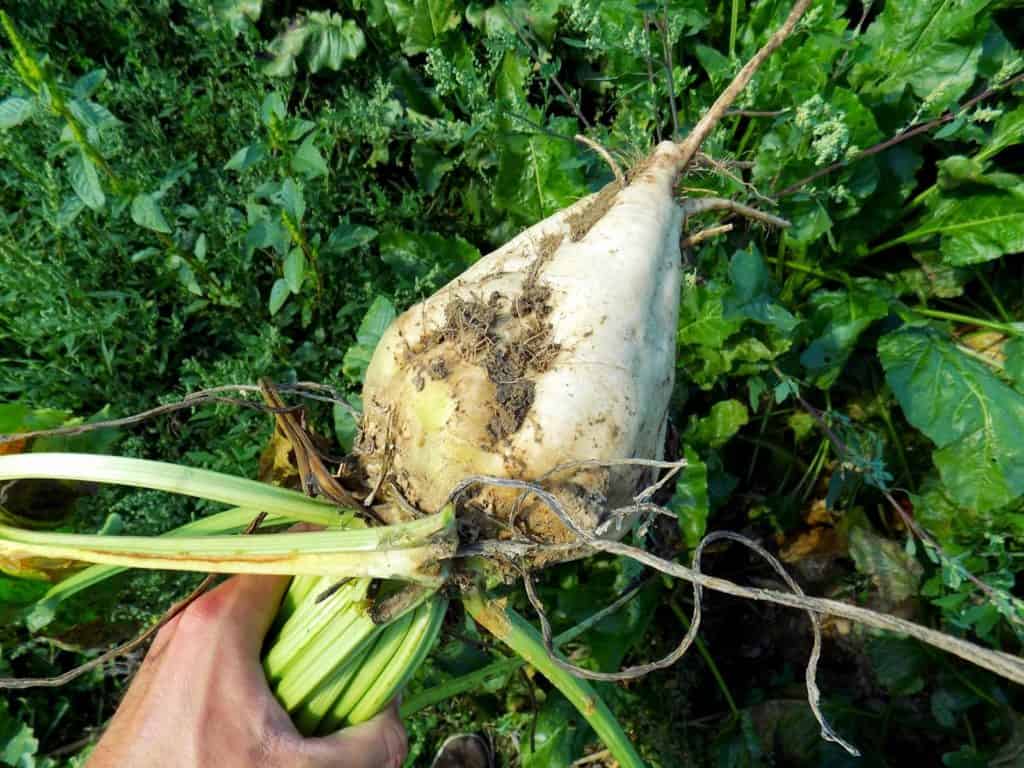
Is the sugar content in beet pulp too high for some horses? Read an equine nutritionist’s answer.

I used a senior equine feed to help my hard keeper gain weight. Now, should I switch him to a low-NSC product?

Find out why a horse might gain weight when switched to a feed marketed as “low-starch.”

Find out why a horse might prefer electrolyte water over plain water and if that’s a cause for concern.

Oil? Rice bran or flax seeds? Fat-fortified feed? Learn how to pick the best option for horses that are hard-keepers.

Is your donkey bored? Here are suggestions for adding entertaining food to your donkey’s environment.

With some measures in place, corn can be a valuable calorie source for horses in heavy work, our nutritionist says.
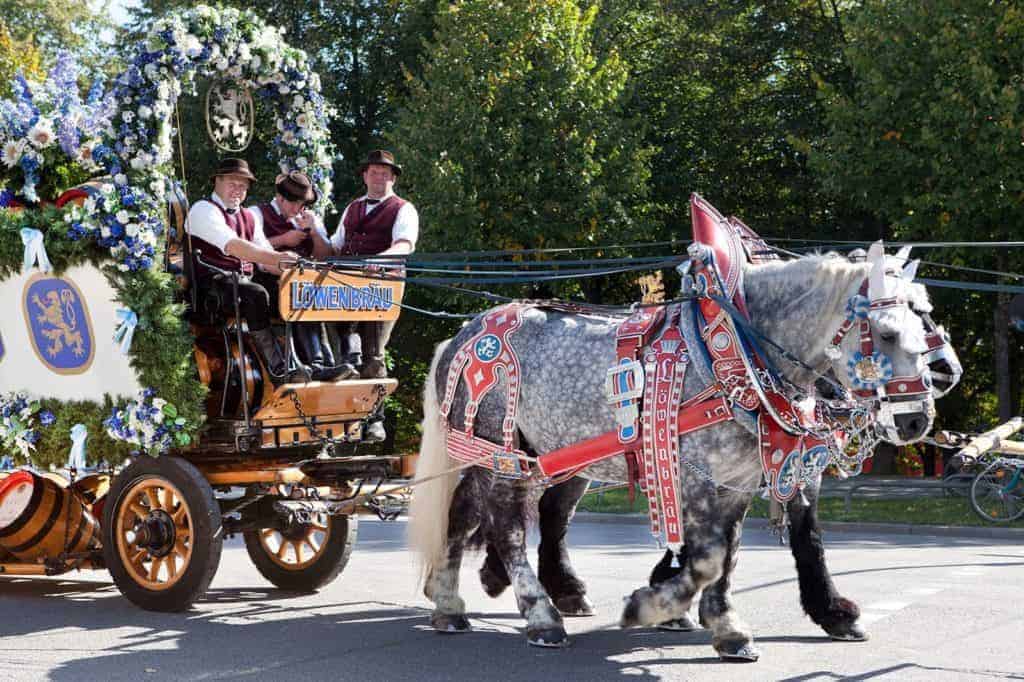
With Oktoberfest in full swing, we started to wonder: Is the racetrack tradition of giving horses beer a good idea?
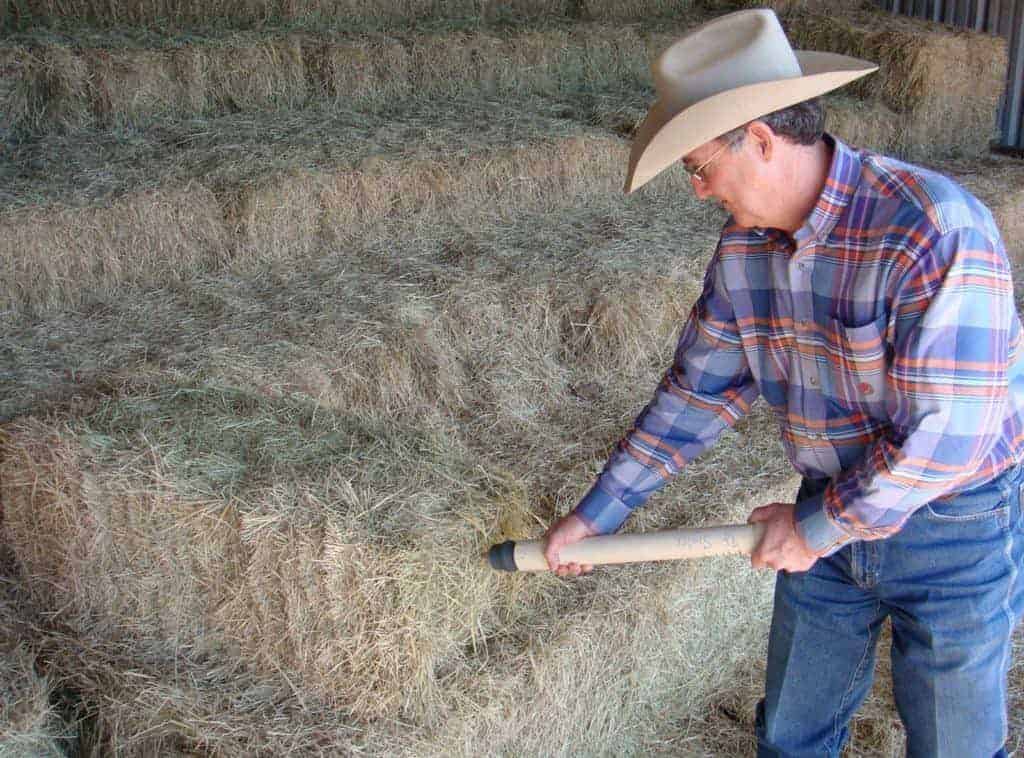
Find out why using a hay corer or probe offers the best sample collection for hay nutritional analysis.

What should you do if you find unwelcome pests in your horse’s grain? Our nutritionist weighs in.

The weather can halt early season hay production. Here’s what to remember if you only have access to late-cut hay.

Our nutrition expert, who’s also a USPC regional supervisor, shares the basic nutrition rules every Pony Clubber learns.
Stay on top of the most recent Horse Health news with
"*" indicates required fields